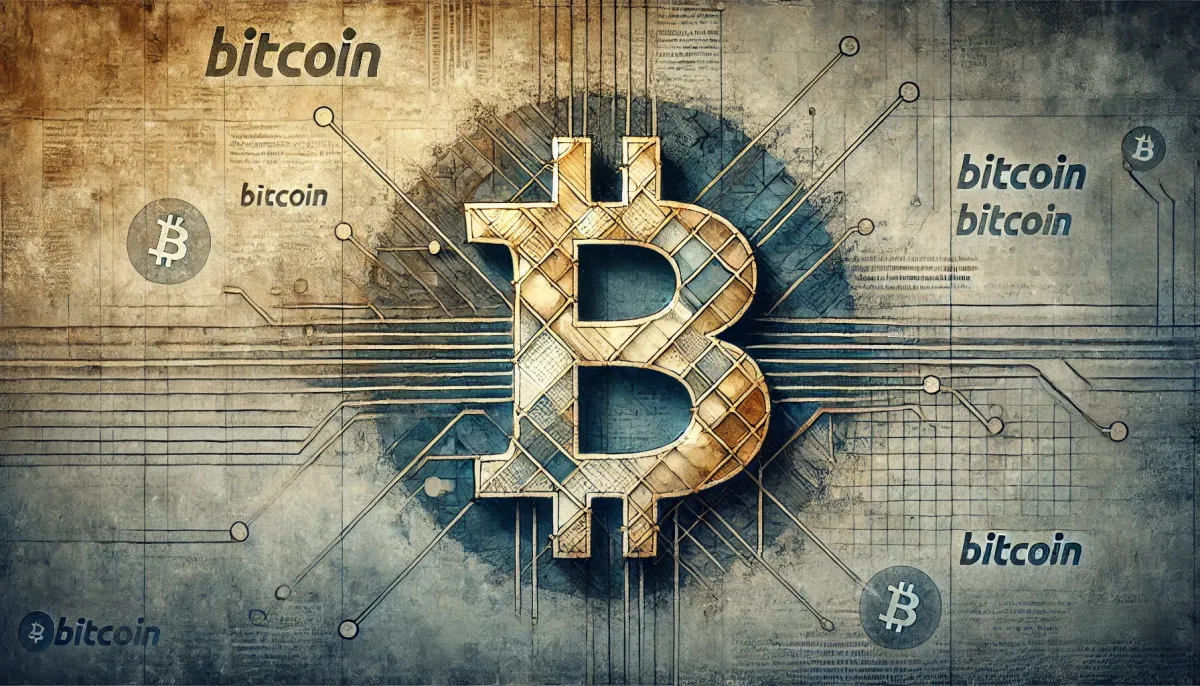Dissecting NYT’s Disinformation on Bitcoin
The April 11, 2023 episode of the Stephan Livera Podcast features Pierre Rochard delving into what he describes as misleading information from a recent New York Times article criticizing Bitcoin and Bitcoin mining.

- My 'briefing notes' summarize the content of podcast episodes; they do not reflect my own views.
- They contain (1) a summary of podcast content, (2) potential information gaps, and (3) some speculative views on wider implications.
- Pay attention to broadcast dates (I often summarize older episodes)
- Some episodes I summarize may be sponsored: don't trust, verify, if the information you are looking for is to be used for decision-making.
Summary
The April 11, 2023 episode of the Stephan Livera Podcast features Pierre Rochard discussing inaccuracies and ideological bias in a New York Times article on Bitcoin. Rochard argues that the article misrepresents Bitcoin mining’s environmental impact, distorts demand response programs, and promotes an anti-decentralization agenda. The conversation emphasizes the need for Bitcoin advocates to counter misinformation through education, policy engagement, and by highlighting Bitcoin’s increasing reliance on renewable energy.
Take-Home Messages
- Centralized Media Influence: NYT’s portrayal of Bitcoin is skewed, affecting public and policymaker views on decentralized systems.
- Environmental Misrepresentation: Bitcoin mining’s emissions are overstated; advocates should emphasize renewable adoption.
- Demand Response Value: Bitcoin miners contribute to grid stability, a benefit often overlooked in media narratives.
- Decentralization’s Security Edge: Bitcoin’s proof-of-work supports a secure, decentralized network that proof-of-stake lacks.
- Educational Advocacy: Accurate information on Bitcoin’s environmental and economic roles is crucial for fair policymaking.
Overview
In the April 11, 2023 episode of the Stephan Livera Podcast, Pierre Rochard examines a recent New York Times article that criticizes Bitcoin, claiming it misleads readers on Bitcoin’s environmental and social impact. Rochard contends that the article’s portrayal of Bitcoin mining’s carbon footprint is inaccurate, as it conflates emissions from power sources with Bitcoin mining operations. He asserts that Bitcoin mining does not produce emissions directly, and instead, emissions relate to the energy sources used, which could be better addressed by focusing on sustainable energy practices rather than targeting Bitcoin mining itself.
A focal point of their discussion is Bitcoin mining’s role in demand response programs, which allow miners to pause operations during high energy demand periods. This approach stabilizes the energy grid and lowers costs for local consumers, benefits which Rochard believes the New York Times article neglects. He argues that misrepresenting these programs could misguide regulatory decisions, ultimately reducing support for effective grid management practices.
Rochard also explores the ideological divide between Bitcoin’s decentralized structure and centralized media perspectives, suggesting that Bitcoin’s proof-of-work security model is at odds with centralized systems favored by media narratives. He expresses concern that proof-of-stake systems align more with centralized control, making them a preferred alternative for those opposing Bitcoin’s decentralization.
The conversation concludes with a call for Bitcoin advocates to focus on education, particularly around Bitcoin’s renewable energy usage and economic contributions. Rochard underscores the importance of a balanced narrative to inform policymakers and the public on Bitcoin’s role in energy markets and local economies.
Stakeholder Perspectives
- Bitcoin Advocates: Push for factual representation of Bitcoin’s environmental and economic contributions to counter negative media narratives.
- Environmental Organizations: Concerned with mining’s environmental impact, may be wary unless presented with data on renewable energy usage in mining.
- Energy Providers: Value Bitcoin mining’s role in demand response programs, which help manage energy demand and stabilize grid prices.
- Regulators: Rely on accurate information for effective policy decisions and may be influenced by negative portrayals in centralized media.
Implications
Rochard's interview highlights potential repercussions if negative media portrayals of Bitcoin mining continue unchecked, potentially swaying public opinion and influencing policymakers toward restrictive regulations. Misrepresentations about Bitcoin mining’s environmental impact could lead to misguided policies that fail to address the true sources of carbon emissions, directing attention away from more sustainable energy practices.
Bitcoin advocates are encouraged to focus on education and factual representation, particularly on topics such as Bitcoin’s role in grid stability and the growing use of renewable energy. By engaging in policy discussions and sharing accurate data, the Bitcoin community can work to shift public perception and foster a well-informed approach to Bitcoin regulation that supports its contributions to economic resilience and energy innovation.
Future Outlook
The NYT’s critical portrayal of Bitcoin mining may intensify scrutiny on the industry, leading to policy debates focused on its environmental and social impact. Advocates argue that educating policymakers and the public on Bitcoin’s reliance on renewable energy and role in energy demand response could help shape balanced regulations, mitigating the risk of restrictive legislation.
The continued shift toward renewable energy in Bitcoin mining offers an opportunity to reshape public perception. Increased transparency and education on these practices will be essential for Bitcoin’s integration into the broader energy landscape, potentially fostering stronger support from both the public and regulatory bodies.
Information Gaps
- Media Centralization’s Impact on Decentralized Technologies: Research is needed to understand how centralized media narratives shape public perception of decentralized systems like Bitcoin. This could inform strategies for advocates to address biases effectively.
- Demand Response Programs and Grid Stability: Exploring the specific economic and grid stability benefits of Bitcoin mining’s participation in demand response programs could underscore its role in energy markets, guiding supportive policy.
- Correcting Public Misconceptions on Bitcoin: Investigating the primary misconceptions about Bitcoin spread by mainstream media, and how these can be corrected, is critical for improving public understanding and balanced policy.
- Impact of Media on Regulatory Approaches to Bitcoin Mining: Assessing how media narratives influence legislative decisions regarding Bitcoin can help advocates anticipate and address potential regulatory challenges more effectively.
- Renewable Energy Usage in Bitcoin Mining: Documenting the current and projected adoption of renewable energy in Bitcoin mining could provide essential data for countering environmental critiques and promoting a sustainable narrative.
Broader Implications
Decentralization and Financial Independence
Bitcoin’s decentralized framework highlights a viable alternative to centralized financial systems, giving individuals greater autonomy over their finances. This has broader implications for financial independence worldwide, especially in regions where banking systems are restrictive or unstable. Bitcoin’s potential to disrupt legacy financial systems may drive regulatory and ideological clashes that influence future adoption and integration.
Renewable Energy and Environmental Impact
The shift toward renewable energy in Bitcoin mining could position it as a leader in sustainable practices within the energy-intensive tech sector. As demand for sustainable solutions increases globally, Bitcoin’s focus on clean energy sources might positively influence environmental policy and public perception. If widely adopted, renewable mining practices could redefine Bitcoin’s role as a technology contributing to climate-conscious innovation.
Media Influence on Public Policy
Media narratives significantly shape public perception and policy development, as seen with Bitcoin’s portrayal in mainstream outlets. Should negative portrayals persist, they could lead to restrictive regulatory frameworks, potentially limiting innovation in decentralized finance. Bitcoin advocates may need to intensify their outreach efforts to counter media influence and ensure fair, fact-based policy discussions.



Comments ()